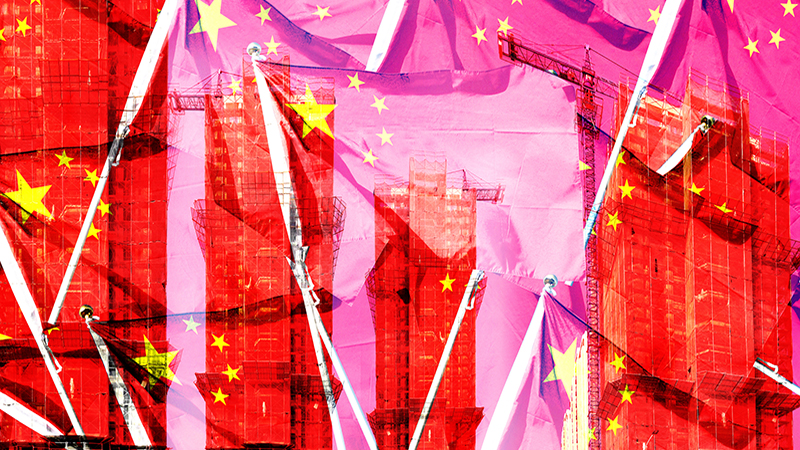After a disastrous three years, investors want clear direction from China’s policymakers. They need to see Beijing is tackling a host of fundamental problems.
These include the country’s protracted property crisis, the massive accumulation of local government debt, the deflationary pressures that indicate the apparent shift to consumer-driven growth is failing and China’s ageing population.
The CSI 300 index, which measures the top 300 companies on the Shanghai and Shenzhen stock exchanges, plunged 44% (in US dollar terms) during the past three years and Hong Kong’s Heng Seng index (HIS) – which also lists the shares of major Chinese companies – fell around 40% in the same period, according to FE Fundinfo data.
See also: Chinese equities: Will there be a sea-change in sentiment?
In contrast, the MSCI World index posted a positive 23% return, and the S&P 500 soared 32.7%. Last year alone, the CSI 300 and the HIS lost 10.9% and 13.8%, respectively, while investors turned to a renascent Japan, whose market was up 20.8%, and to the alternative emerging giant, India, where the MSCI India index surged 21.3%, according to FE Fundinfo.
“A positive outlook for India is reinforced by weakening investor confidence in China, which puts India in a favourable position as a viable alternative to China in the eyes of global investors. For China, we remain on the sidelines, as we wait for the bottoming process to unfold,” Bhaskar Laxminarayan, CIO and head of investment management Asia, Julius Baer, told a recent roundtable in Hong Kong.
See also: Baillie Gifford forms dedicated Chinese equities team
Yet, dozens of funds available to Hong Kong and Singapore retail investors with a broader Asia-Pacific ex Japan mandate also ailed as China stocks comprise 31% and Hong Kong 5.8% of the MSCI benchmark, which excludes Japan and allocates only 20% to India.
The index generated an unimpressive 7.7%, while the average return by mutual funds benchmarked to the MSCI Asia ex Japan was a dire 3.6%. Asian investors would have been better buying units in an average US equity fund and reaping a 25.6% return last year – or placing their cash in time deposits.
To read more visit the February edition of Portfolio Adviser Magazine









